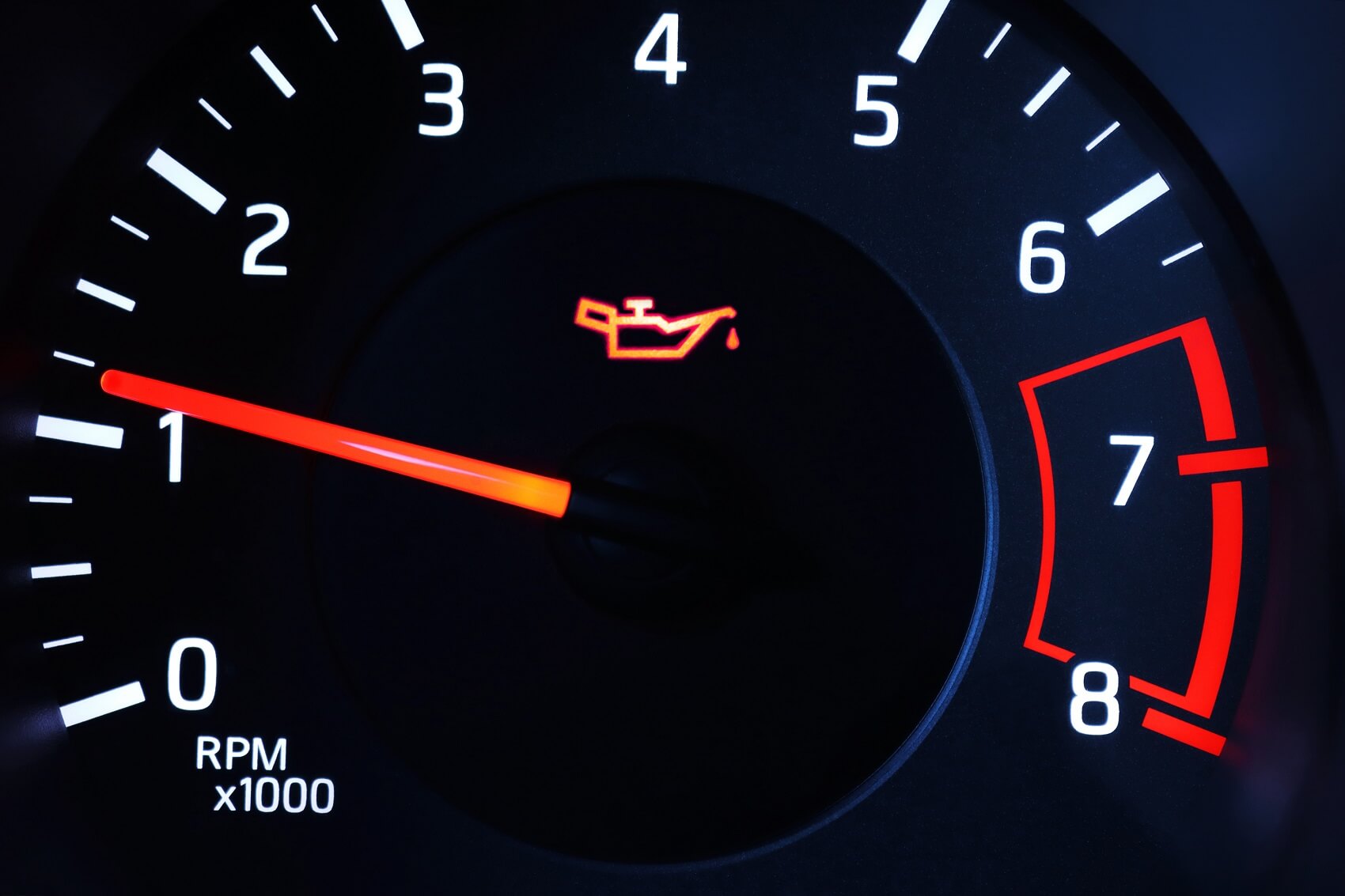Can low oil cause overheating? Allow us to give our input…
In this guide, Obaugh Ford Inc. will dive deep into the relationship between oil levels and engine temperature, offering you the knowledge you need to keep your vehicle running cool around Staunton, Stuarts Draft, or Waynesboro, Virginia.

Oil is a multitasker that works tirelessly under the hood, doing more than its fair share to keep your ride smooth. Over time, as the mechanics under the hood work hard to keep your vehicle on the go, this oil starts to wear down and thicken from debris.
This change in texture and level leads to a less efficient performance by the oil, posing risks to your vehicle's performance. By staying up to speed with your vehicle's recommended maintenance schedule, you can replenish your model and support its functionality.
Understanding the role of oil in your vehicle’s performance ensures its longevity and reliability. Regular oil checks and changes are simple maintenance tasks, and investments in the wellness of your vehicle.

Oil plays a crucial role in keeping cars running smoothly and cool. Yes, you heard that right. While most people associate oil with lubrication, it also plays a vital part in preventing the engine from overheating.
When your engine is running, countless metal parts are moving at high speeds, creating a significant amount of friction—and, as a result, heat. When oil levels drop, the parts begin to rub against each other more aggressively, accelerating wear and tear, and generating additional heat. With lower levels to combat this, a domino effect initiates.
Starting with increased friction and heat, low oil causes the engine's efficiency to plummet. It must work harder to perform the same tasks, further increasing the temperature. Overheating can compromise engine components, metal parts, seals, and gaskets. This kind of effect can bring the simple oil change to a more complex repair.
The most obvious sign is your vehicle's temperature gauge creeping into the red zone or warning light on your dashboard. These indicators are your first line of defense against overheating, signaling it's time to address.

Seeing steam or smoke billowing from under the hood is a clear indication that your engine's temperature has risen above operational limits. This visual cue is hard to miss and should prompt you to act accordingly. Another visual sign can be a decrease in engine performance, such as a struggle to accelerate.
Low oil levels can cause parts within your engine to rub together more forcefully, leading to knocking, ticking, or grinding sounds. These noises can indicate your engine is working harder than it should, possibly due to overheating. An overheating engine can also produce a hot, metallic smell as components within it become excessively hot.
Awareness of how low oil levels can lead to overheating is crucial, but equally important is recognizing the warning signs that your vehicle is getting too hot. Keeping an eye out for these symptoms can help prevent a minor issue from becoming a major headache.
By prioritizing your vehicle’s care through timely oil changes, you can rely on your ride for the long run. At Obaugh Ford Inc., we're your partner in ensuring your vehicle's optimal performance.
Have more questions about the oil change service? schedule an appointment online near Staunton, Stuarts Draft, or Waynesboro, VA!
Make an Inquiry
* Indicates a required field
Contact
Obaugh Ford Inc.
13 Lee Jackson Hwy.
Staunton, VA 24401
- Sales: (540) 851-4800
- Service: (540) 851-4800
- Parts: (540) 851-4800
Hours
- Monday8:30am-6pm
- Tuesday8:30am-6pm
- Wednesday8:30am-6pm
- Thursday8:30am-6pm
- Friday8:30am-6pm
- Saturday9am-5pm
- SundayClosed